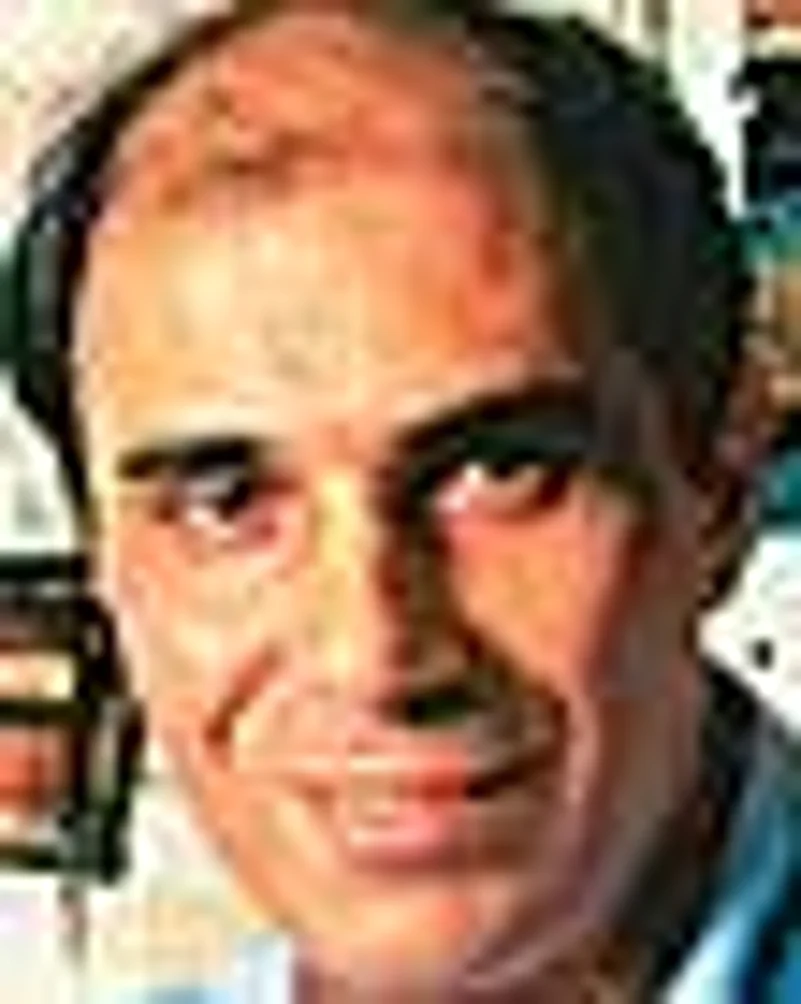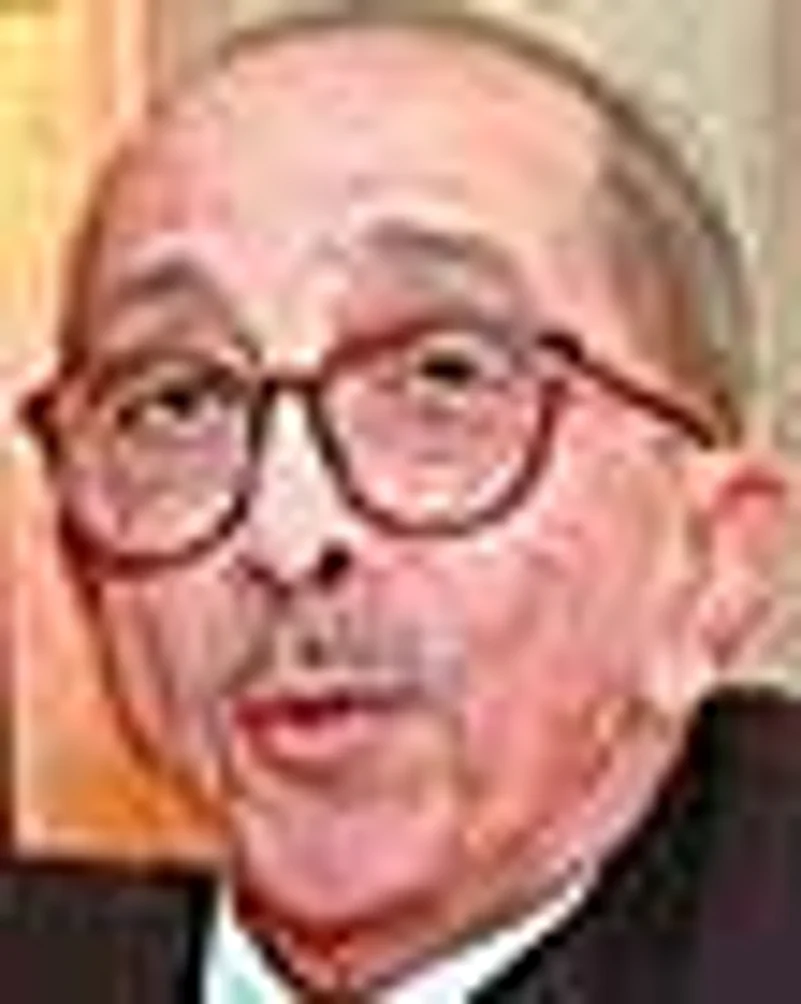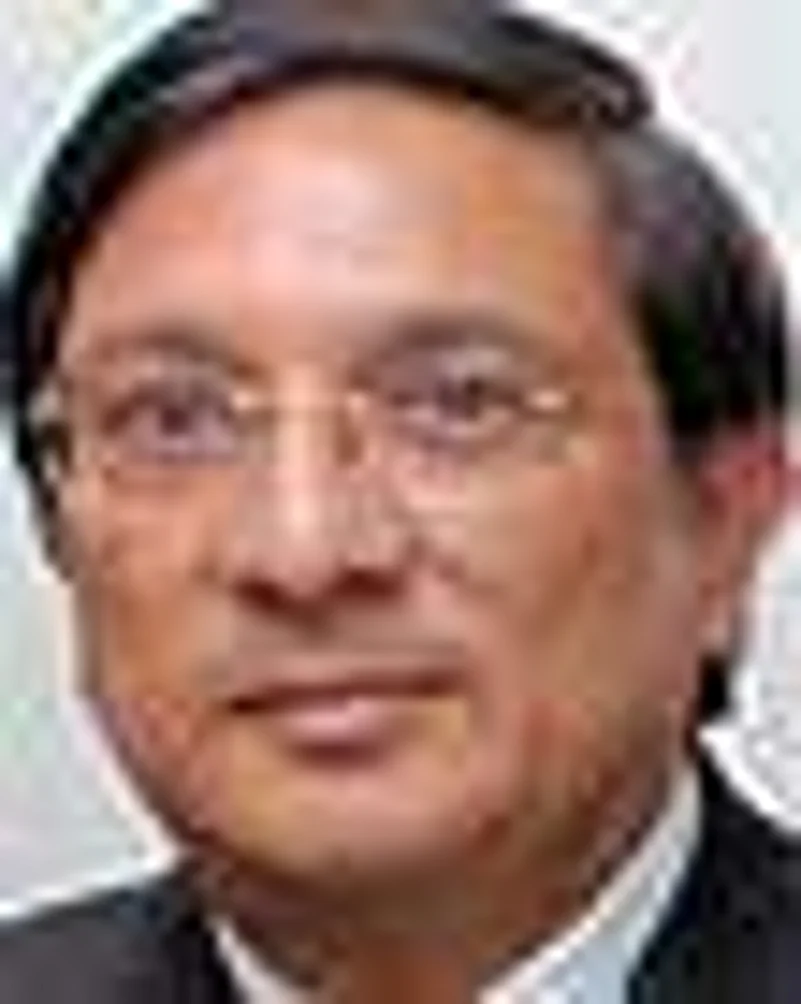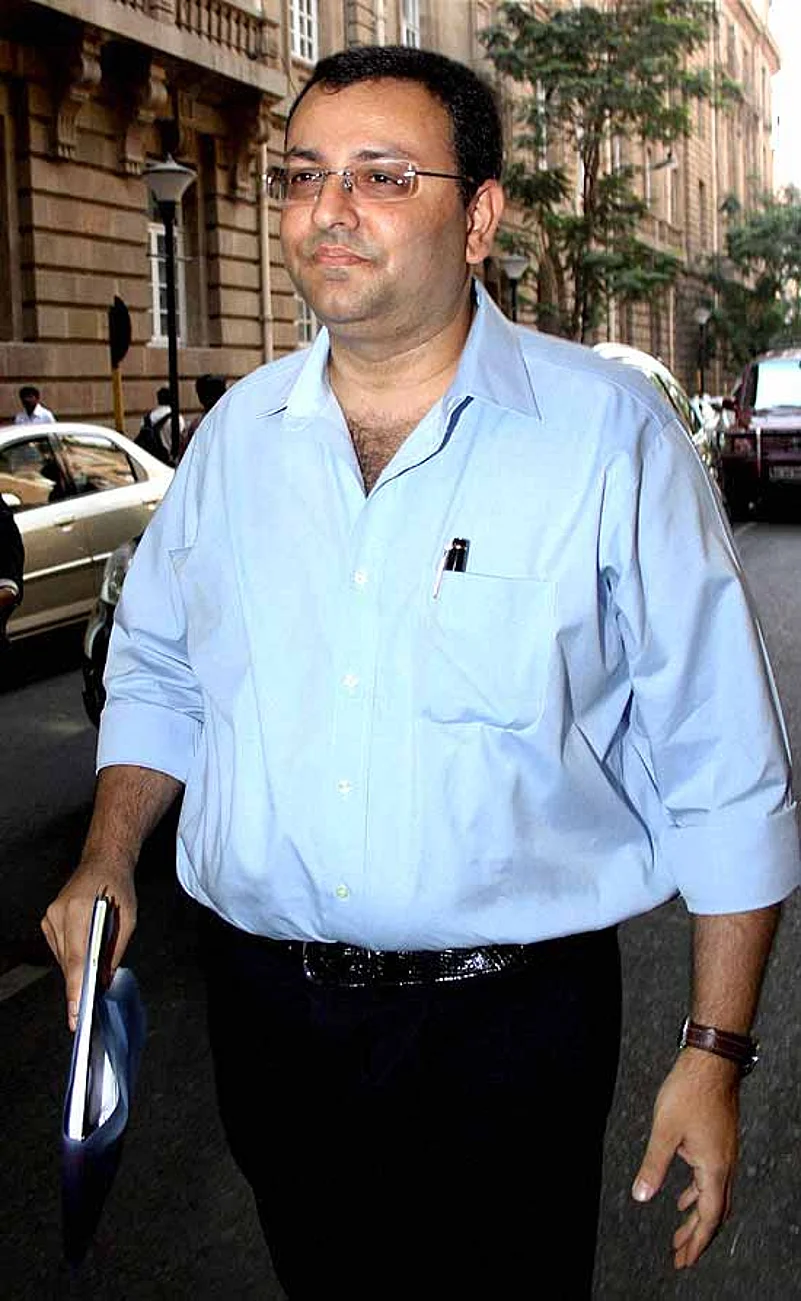The story goes that when Ratan Tata was anointed as head of the Tata Industries in 1981, his uncle, J.R.D. Tata, was constantly asked if the Tata family name was the driving factor behind the selection. According to Russi M. Lala, the historian and biographer of JRD, the Tata patriarch completely denied this when asked, explaining why: “I think Ratan will be more like me.” So here we are again: despite a year-long, rigorous selection process—which served up the promise of searching for a professional to head the $80-billion conglomerate—a 43-year-old insider, Cyrus P. Mistry, is the chosen successor.
The younger son of Pallonji Mistry, the single-largest shareholder of group holding company Tata Sons, is known to get along famously with Ratan Tata. Apart from being young, he’s also practically family, given the close links—both personal and financial—between the Tata and Pallonji families. While Mistry might be an unknown entity in corporate India (the Pallonjis are so reclusive, says an insider, that “you need a microscope to find out where they are”), he’s no stranger to the Tata top brass, having served on the Tata Sons board since 2006.
Relative anonymity is no crime—the same was said of Ratan Tata when he took charge. The bigger question, of course, is will he deliver the goods? His track record is primarily in Shapoorji Pallonji’s construction business, which he heads. It is learnt that two factors went in his favour: one, multiplying its worth six times over in the extremely cut-throat and dirty real estate market in Mumbai. And secondly, showing the “stomach for a big fight” in completing the 65-floor towers complex in south Mumbai against the toughest of odds, legal battles and local opposition from Altamount Road (the city’s golden mile).
People who have dealt with Mistry for a long time have good things to say about him. “He’s very sharp, composed, and takes decisions not in a hurried manner. Whenever there is a doubt, he often consults his people,” says architect Hafeez Contractor, who has worked with Cyrus and the Pallonjis for a quarter of a century. “He doesn’t say, ‘this is my decision, I will do it.”’ Another person who has had a professional relationship with Mistry for many years, Anshuman Magazine, head of cbre South Asia, has a similar impression, “I have found him to be very high on emotional quotient, quite active and someone who knew his business.”
People close to the family say that compared to his elder sibling, Shapoor Mistry, Cyrus is known for his business acumen, is “fair, decent, and has a level-headed approach to problem-solving”. Tata insiders add that one of the key things in Mistry’s favour is the fact that he understands the Tata ‘culture’. “He will fit in very well and I think a very wise decision has been made,” says J.J. Irani, former director of Tata Sons. That said, everyone agrees Mistry will have to go through a steep learning curve to deal with leading the salt-to-software group with huge international operations. “He will have to emerge as a corporate leader and slowly assume a statesman-like role in due course,” says Vinayak Chatterjee, chairman, Feedback Ventures.

| “Cyrus is sharp, composed and takes decisions unhurriedly. He doesn’t say, ‘This is my decision, I will do it’.” Hafeez Contractor, Architect |

| “I trust Ratan’s judgement. Cyrus is young, I’m sure he understands the essence of the guiding principles of JRD’s legacy.” R.M. Lala, Biographer of J.R.D. Tata | ||

| “Cyrus Mistry will have to emerge as a corporate leader, and slowly assume a statesman-like role in due course.” Vinayak Chatterjee, Chairman, Feedback Ventures |
One mystery remains, though. For the longest time, Ratan Tata’s half-brother Noel Tata was being seen as a serious contender (incidentally, Noel is married to Cyrus Mistry’s younger sister Aloo). What went wrong? While the selection committee went through the motions of interviewing internal and external candidates for succession, it was divided on Noel. The general view, and one that was endorsed by Ratan Tata in an interview earlier this year, was that Noel Tata did not have the exposure to take on such a big role. Insiders say it was Ratan Tata who supported Mistry’s name when it came up and Mistry recused himself from the selection committee. “It all still stays in the family and within promoter groups in India. I don’t think we’ve taken a step forward here,” says a senior HR consultant on succession planning.
Right now, it’s not clear how hands on Mistry will be in the running of the 100-odd group companies. Some corporate watchers say that Mistry’s experience in construction and real estate will help Tatas venture into new business areas. Perhaps. But for the next year, as deputy chairman, he will be mentored by Tata and will eventually take over in 2012. In the last couple of days, he has got a taste of the spotlight from the media—Tata stake- and shareholders will be up next. Mistry will also have to work at building bridges with Tata employees, since they don’t know much about him.
Of course, Mistry will have his own set of challenges. He will have to start by tackling an uncertain economic environment. He will have to learn to negotiate the pulls and pressures of Delhi’s politicians and bureaucrats at a time when the Tata group’s image has taken a bit of a beating after the Radia tapes and the 2G scam. Then there’s the issue of consolidating global acquisitions and taking an international conglomerate to the next level of growth. More importantly, he and he alone will have to answer the all-important question: what vision will drive the Tata group?


























